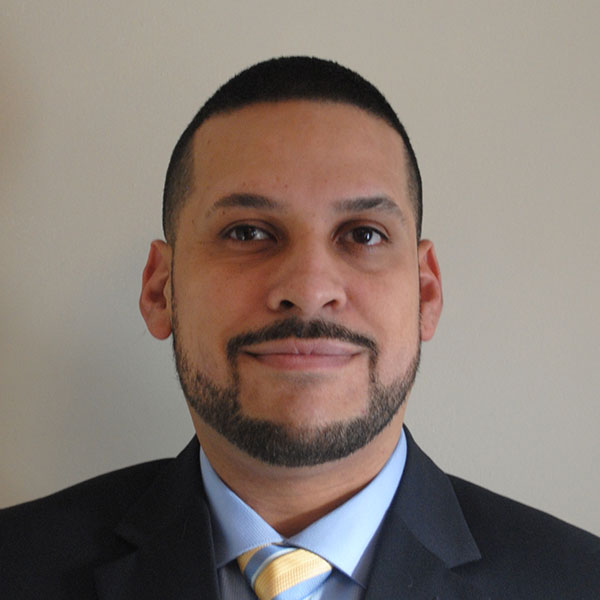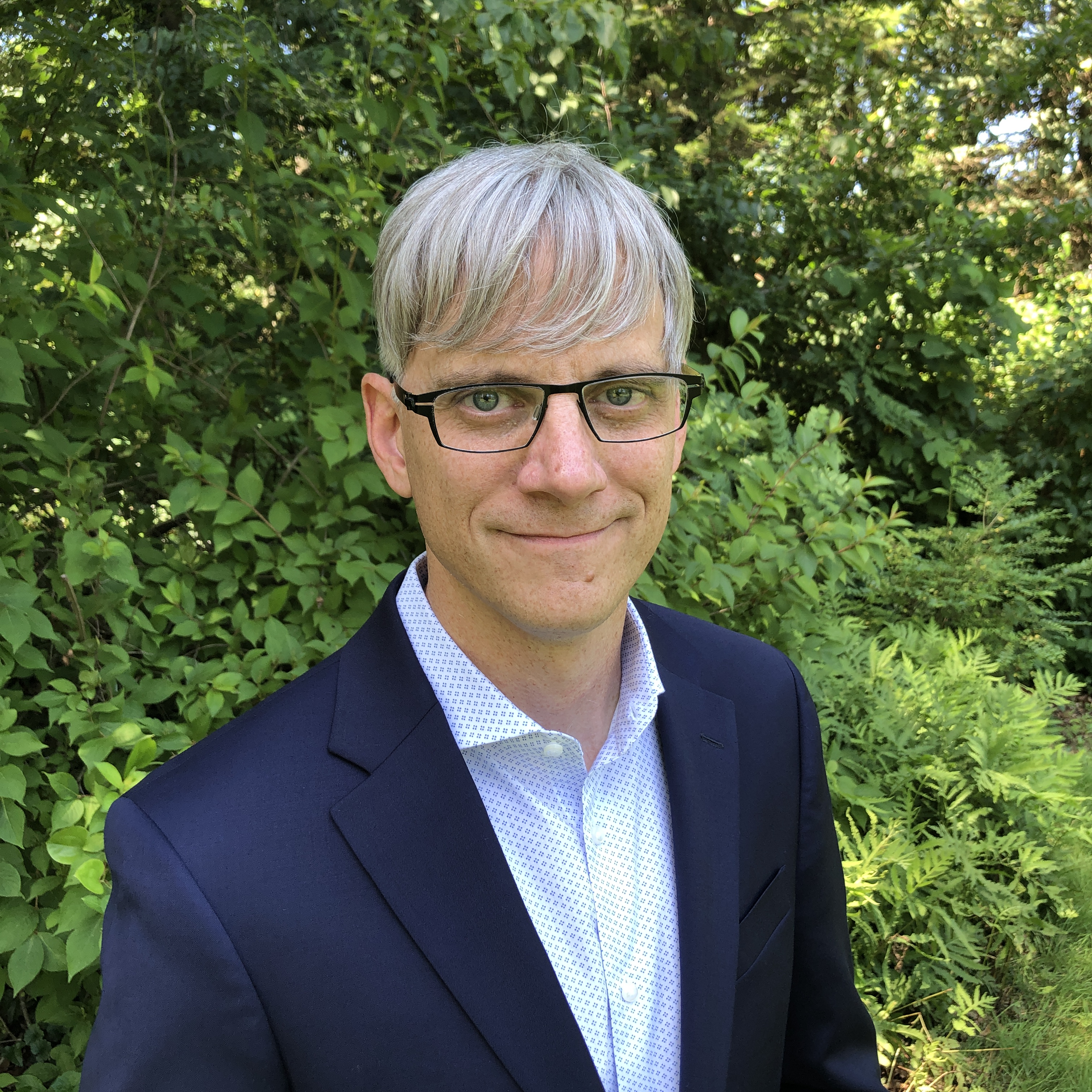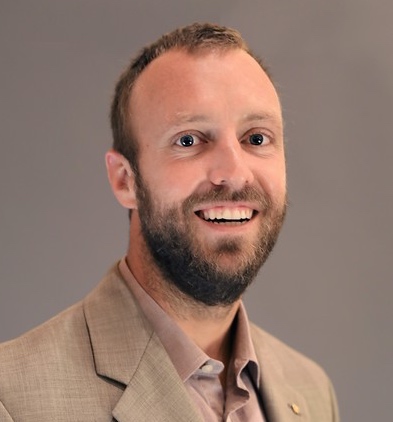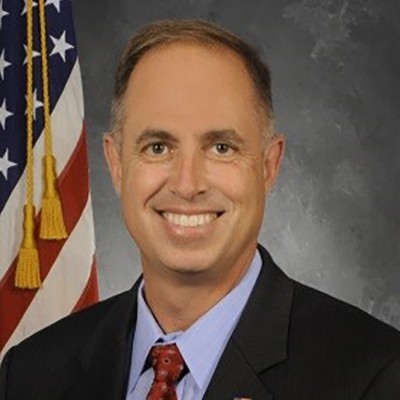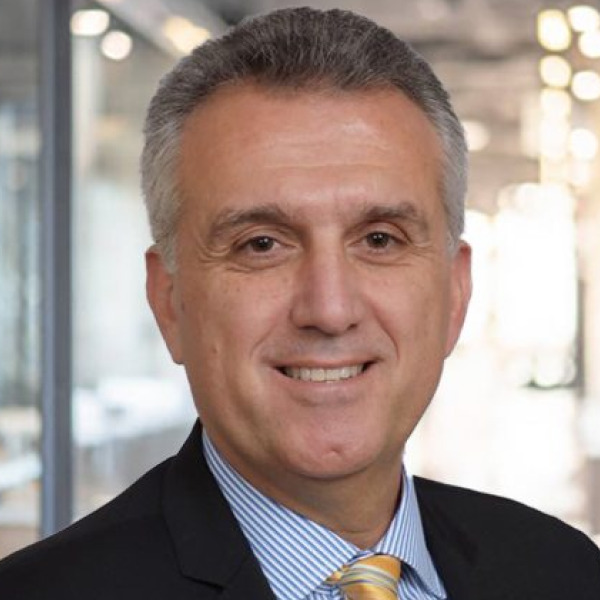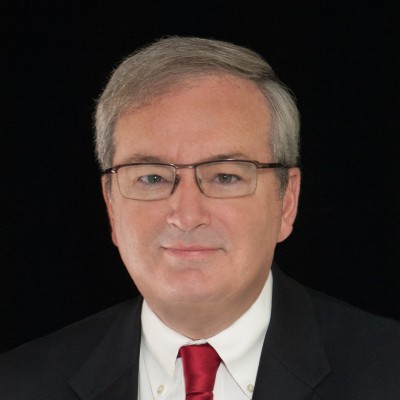Who We Serve
National CyberWatch Center continues its culture of collaboration, coordinating a broad national network of networks, including:
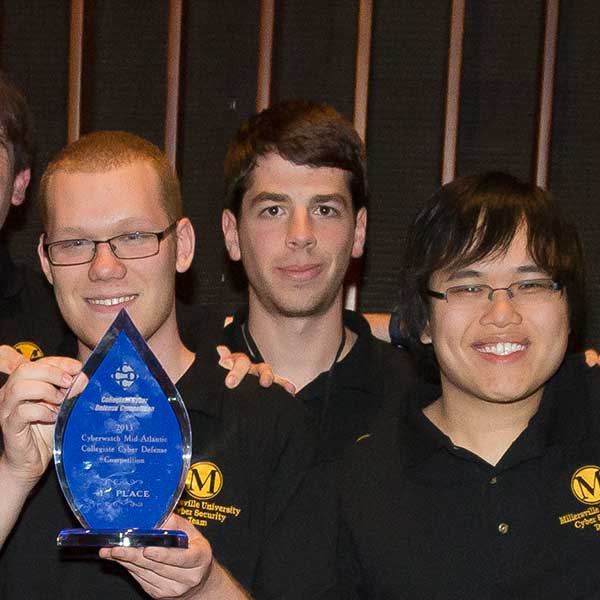
Students
One-stop shop for quality educational and training resources, discounted certification exam vouchers, webcasts, internships, and access to employers looking to hire
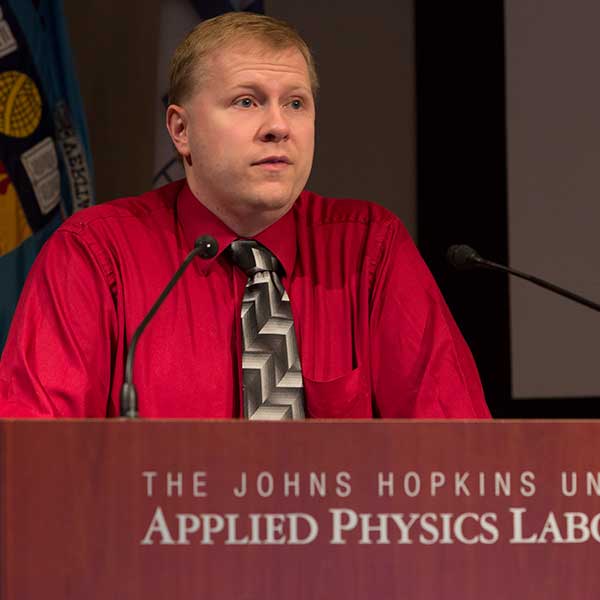
Schools
The largest network of Information Security educators and institutions of higher education in the world
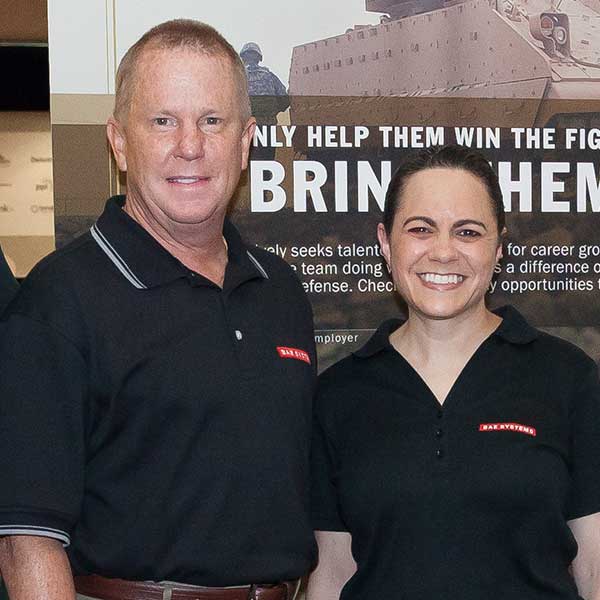
Individuals
Individual membership program with continued professional development, publishing opportunities, and more
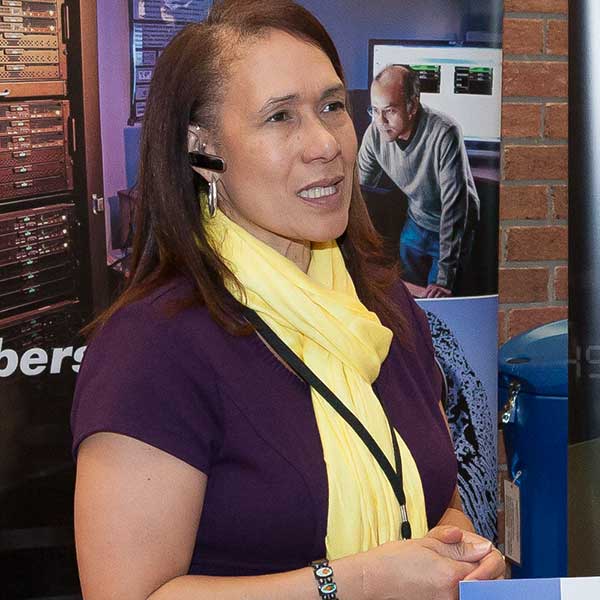
Businesses
Corporate memberships that allow for the participation in National Curriculum Standards Panels, access to Cybersecurity Workforce Maturity Assessments, formative credentialing solutions, and a huge network of qualified talent
Roles
As a leader in cybersecurity education and workforce development, the National CyberWatch Center’s roles include:
Advocator
Advocate for the role of community colleges and universities in cybersecurity education and workforce development
Builder
Build cybersecurity education and workforce development programs of impact
Collaborator
Collaborate with educational institutions, businesses, government entities, and professional organizations to strengthen cybersecurity education, workforce development, and research programs
Coordinator
Coordinate collaborative cybersecurity education, workforce development, and research programs
Promoter
Promote educational and workforce development models of impact
Our Team
Meet the National CyberWatch Center Team
National Visiting Committee (NVC)
The Advanced Technological Education (ATE) program supported by the National Science Foundation (NSF) funds projects to improve technological education at the undergraduate and secondary school levels. The goal of the program is to produce more technicians to meet workforce demands and improve the technical skills and content preparation of these technicians and the educators who prepare them. Most of its grants are made to two-year colleges.
Successful applicants for large grants (funded at $750,000 or more) are required to appoint a NVC. These committees are groups of advisors that work with grantees and NSF to help them achieve their goals and objectives. They assess the plans and progress of the project and report to NSF and the project leadership. Committee members also provide advice to the project staff and may serve as advocates for effective projects. In general, NVCs are similar to the advisory committees that are already an integral part of higher education institutions.
In fact, most state and federally funded programs for these colleges require a local or regional advisory committee. However, there are differences between these committees and the NVCs. For example, local advisory committees report only to the project leadership who, in turn, set the meeting agendas. The NVCs not only report to the project, but also to NSF. Furthermore, NSF appoints the committee members, and the NVC chairperson plays a major role in setting the agenda.
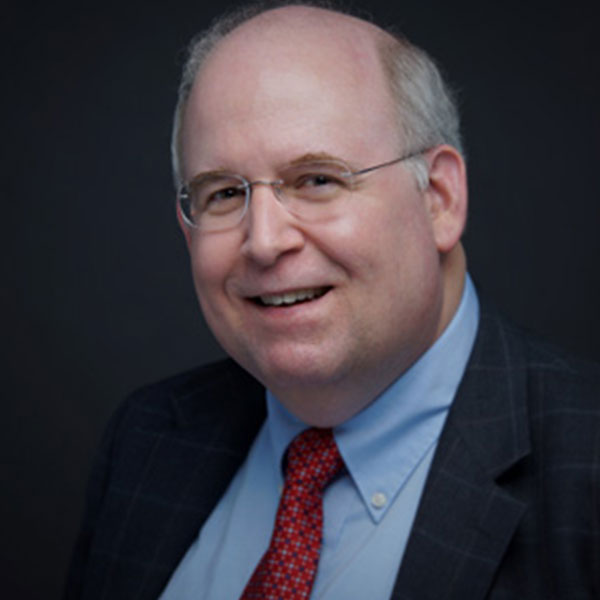
Dr. Corby Hovis
Lead Program Director, Directorate for Education and Human Resources National Science Foundation
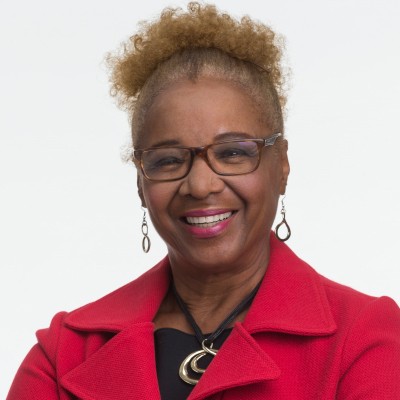
Dr. Loyce B. Pailen
Senior Director, Center for Security Studies, University of Maryland Global Campus
Our History
What follows is a high-level snapshot of the Center’s mission, funding levels, leadership teams, and goals from its inception in 2005:
CyberWatch I (CW I) 2005-2009
- Headquarters: Prince George’s Community College, Maryland
- Name: CyberWATCH (Cybersecurity: Washington Area Technician and Consortium Headquarters)
- Mission: Increase the quantity and quality of the Information Assurance workforce in the Washington D.C. and Mid-Atlantic region
- Original Award Amount: National Science Foundation (NSF) Advanced Technological Education (ATE) program; $3 million; several NSF ATE supplemental grants
- Goals: Curriculum Development; Faculty Development; Student Development; K12 Initiatives; and Dissemination and Outreach
- Principal Investigator (PI):
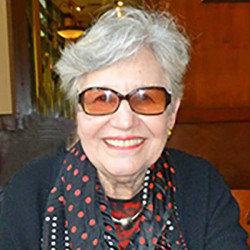
Dr. Vera Zdravkovich
Prince George’s Community College
- Co-PIs: Dr. David Hall (Montgomery College); Dr. Fred Klappenberger (Anne Arundel Community College); Dr. Margaret Leary (Northern Virginia Community College); and Casey W. O’Brien (Community College of Baltimore County)
CyberWatch II (CW II) 2009-2012
- Headquarters: Prince George’s Community College, Maryland
- Name: CyberWatch: Creating the Next Generation of Cybersecurity Professionals
- Mission: Increase the quantity and quality of the Information Assurance workforce
- Original Award Amount: NSF ATE program; $2.7 million; several NSF ATE supplemental grants
- Goals: same as CW I
- Note: One small change in the CyberWatch mission also explains the change in name. In the first grant (CW I), the mission was “To increase the quantity and quality of the Information Assurance workforce in the Washington, D.C. and Mid-Atlantic region.” The original name of the Center was an acronym: CyberWatch stood for “Cybersecurity Washington Area Technical Consortium Headquarters.” When the CyberWatch network started expanding to states outside Washington, D.C., the “Washington Area” and “Mid-Atlantic” references were no longer appropriate. Hence, the CW II mission statement was shortened and the spelling of CyberWatch was changed
- Principal Investigator (PI):

Dr. Bob Spear
Prince George’s Community College
- Co-PIs: Carrie Leary (Anne Arundel Community College); Dr. Margaret Leary (Northern Virginia Community College); Dr. Davina Pruitt-Mentle (Educational Technology Policy, Research, and Outreach – ETPRO); and Casey W. O’Brien (Community College of Baltimore County)
National CyberWatch Center I (NCC 1) 2012-2016
- Headquarters: Prince George’s Community College, Maryland
- Name: National CyberWatch: Cybersecurity Education Solutions for the Nation
- Mission: Leading collaborative efforts to advance cybersecurity education and strengthen the national cybersecurity workforce
- Original Award Amount: NSF ATE program; $5.7 million; several NSF ATE supplemental grants
- Goals: Continue to grow culture of collaboration; Build program/faculty capacity based on models of excellence; Promote the cybersecurity profession; Build and strengthen student capacity and expand career pathways; Advance Research in cybersecurity education
- Principal Investigator (PI):

Casey W. O’Brien
Prince George’s Community College
- Co-PIs: Dr. Diana Burley (George Washington University); Dr. Davina Pruitt-Mentle (Educational Technology Policy, Research, and Outreach (ETPRO)
National CyberWatch Center II (NCC 2) 2016-2021
- Headquarters: Prince George’s Community College, Maryland
- Name: National CyberWatch Center
- Mission: Leading collaborative efforts to advance cybersecurity education and strengthen the national cybersecurity workforce
- Original Award Amount: NSF ATE program; $4.8 million; several NSF ATE supplemental grants
- Goals: Build and support program capacity based on models of impact; Increase student engagement; Sustain a culture of collaboration; Infuse Cybersecurity across the curricula; Advance Research in Cybersecurity education and workforce development
- Principal Investigator (PI):

Casey W. O’Brien
Prince George’s Community College
- Co-PIs: Dr. David Tobey (Indiana University South Bend); Dr. Margaret Leary (Northern Virginia Community College)
National CyberWatch Resource Center 2021-2024
- Headquarters: Prince George’s Community College, Maryland
- Name: National CyberWatch Center
- Mission: Leading collaborative efforts to advance cybersecurity education and strengthen the national cybersecurity workforce
- Original Award Amount: NSF ATE program; $1.65 million
- Goals: Capacity building that promotes, supports, and enhances program, faculty, and student capability maturity based on effective models of impact; Disseminating exemplary programs, practices, and materials; and Advancing research of evidence-based Cybersecurity education and workforce development strategies and practices
- PI: Dr. David Tobey (Prince George’s Community College)
- Principal Investigator (PI):
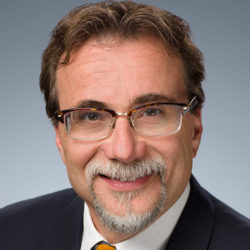
Dr. David Tobey
Prince George’s Community College
- Co-PIs: Casey W. O’Brien (University of Illinois Urbana-Champaign); Michael Smith (Prince George’s Community College)

